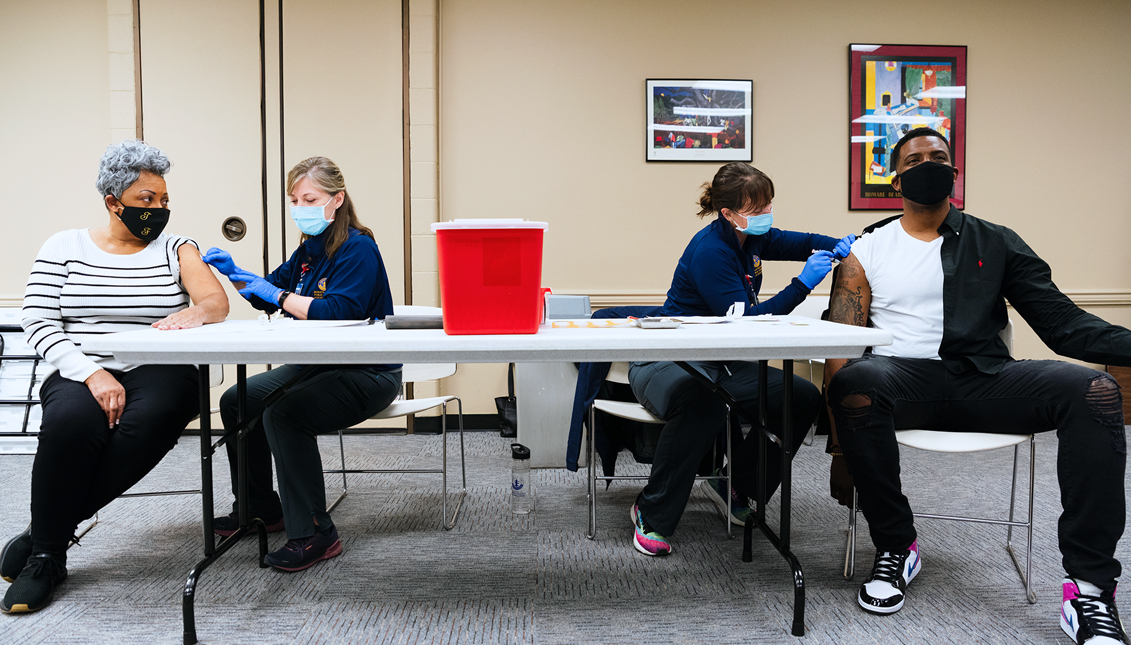
A beacon of hope
According to the latest City of Philadelphia figures, Hispanics make up almost 15% of the city’s population and yet only 3% of those vaccinated in the city are…
On December 14, Americans began lining up for COVID-19 vaccinations. Globally, the vaccine embodies a beacon of hope for the many millions who have suffered physically, emotionally, and or financially during this harrowing time.
The federal government’s ambitious target of 20 million vaccinated by 2020 came up wildly short. Slowly we’re catching up, with more than 26 million doses administered but concerns about manufacturing and distribution delays abound. The Biden Administration has prioritized mass vaccination. 100 million doses in 100 days is the new target. To accomplish this, three important areas need to align.
The first critical piece is vaccine manufacturing. Not just the vials of medicine, but also syringes, needles, and all of the extra material necessary to support making and then transporting vaccines across the country.
The first critical piece is vaccine manufacturing. Not just the vials of medicine, but also syringes, needles, and all of the extra material necessary to support making and then transporting vaccines across the country.
RELATED CONTENT
Once enough doses are available, we need creative mass vaccination strategies. Large sites across the country that can inoculate hundreds of patients per hour are essential to quickly reach herd immunity. These sites need to be open on weekends and outside of usual business hours. Schools, churches, and recreation centers are excellent options, due to their ubiquity in even the most underserved and densely populated communities. Mobile units, or “strike teams,” are also critical, because if you can’t get a grandparent down their own stairs, how can we expect them to go to a clinic and wait hours in line?
And finally, while many wait their turn for the vaccine, our top priorities should be bias-free patient education, dispelling myths and misinformation, and engaging with communities that have been historically excluded from public health initiatives. Increasing public awareness and taking time with hesitant communities are necessary for ensuring that all Philadelphians feel empowered in their decision to vaccinate themselves when it is finally their turn.











LEAVE A COMMENT: